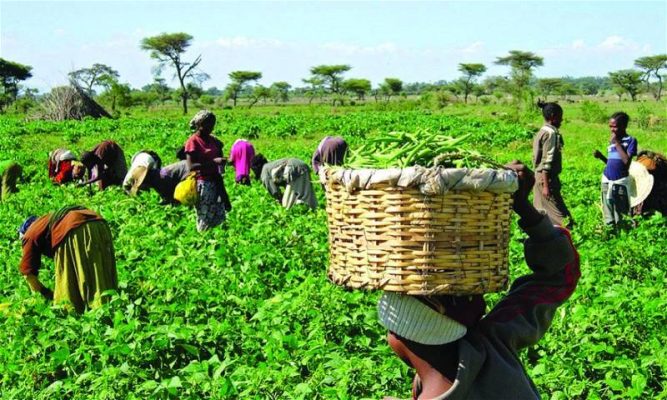The Federal Government of Nigeria is set to disburse ₦250 billion in loans through the Bank of Agriculture (BOA) and provide insurance coverage for 250,000 farmers under the National Agribusiness Policy Mechanism (NAPM). These loans will be offered at single-digit interest rates, making credit more accessible to smallholder farmers and aiming to boost agricultural productivity across the country.
Vice President Kashim Shettima has directed the Presidential Food Systems Coordinating Unit to develop a clear roadmap to ensure the timely disbursement of these funds and that the intended beneficiaries are reached efficiently. This initiative forms part of broader government efforts to strengthen Nigeria’s food systems and combat food insecurity, which continues to affect millions of Nigerians.
The insurance coverage under NAPM is designed to protect farmers from various risks inherent in agriculture, such as climate shocks and pest infestations. The government hopes this safety net will encourage more farmers to take advantage of the loan facilities, reducing the vulnerability that often hampers productivity.
However, several challenges remain. Ensuring that smallholder farmers in remote and underserved areas are included will require robust targeting mechanisms. Administrative readiness and transparency will be critical to prevent delays or leakages in fund disbursement. Additionally, while the loans carry single-digit interest rates, farmers will need support beyond finance—such as training, extension services, and access to quality inputs—to maximize productivity and repay their loans successfully.
If implemented effectively, this initiative could significantly increase agricultural output, reduce food insecurity, and improve incomes for smallholder farmers. It could also create a stronger safety net for farmers through the insurance scheme, helping to mitigate losses and sustain farming livelihoods.
In conclusion, the Federal Government’s plan to inject ₦250 billion into agriculture and insure a quarter of a million farmers presents a promising opportunity to boost Nigeria’s agricultural sector. The success of this programme, however, will depend largely on efficient implementation, transparency, and complementary support systems that ensure the funds and insurance reach those who need them most.
















